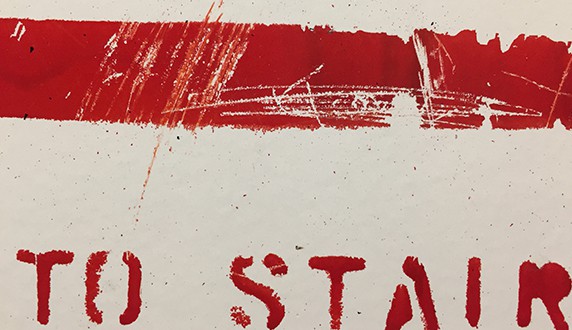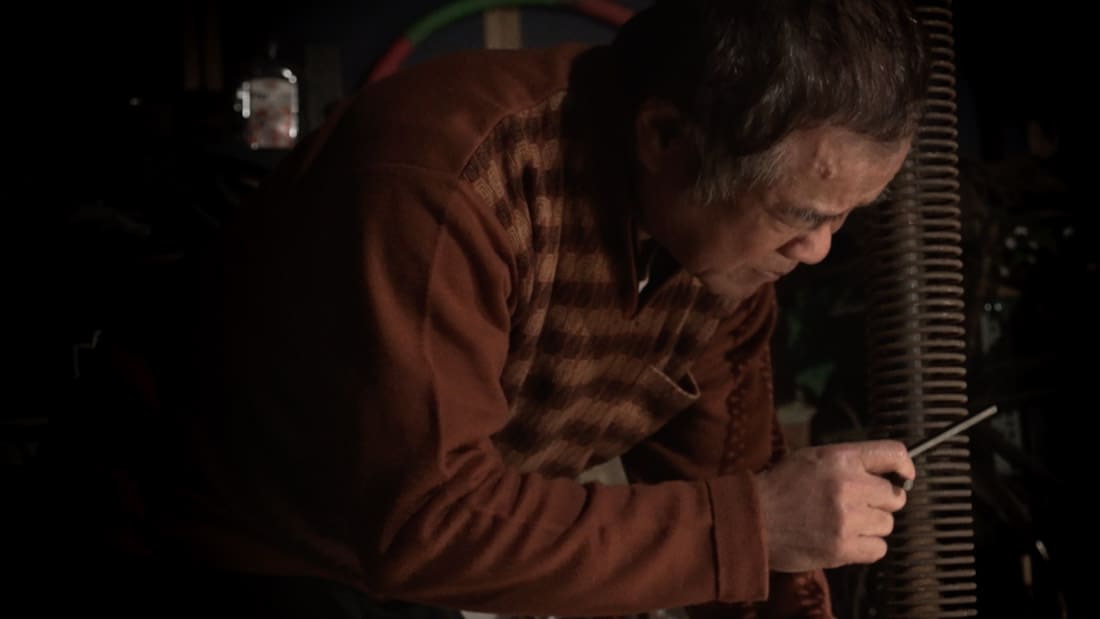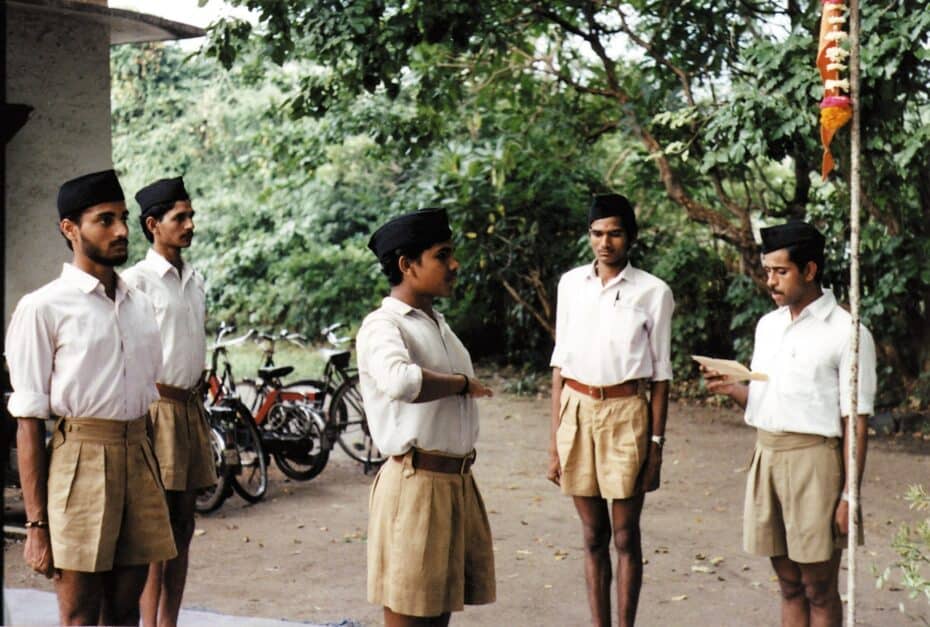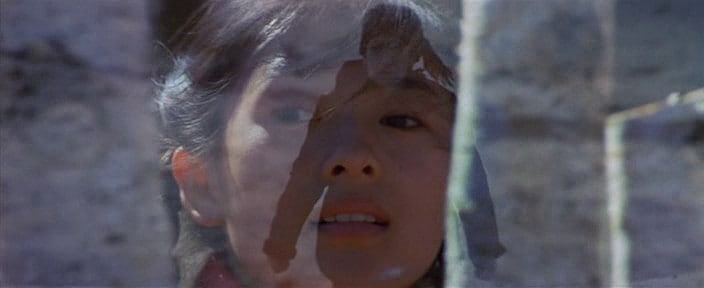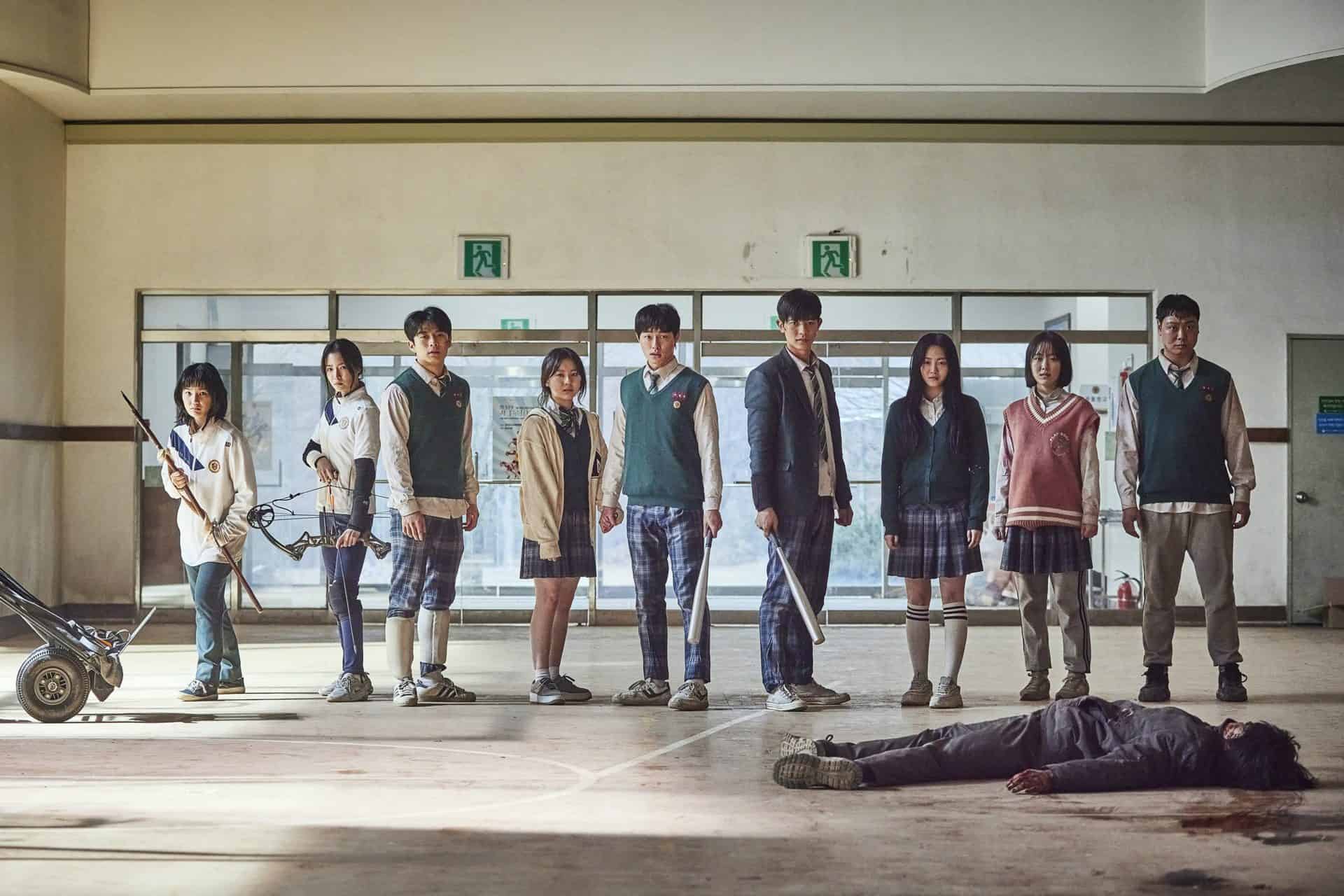In her second documentary feature “Down a Dark Stairwell”, Ursula Liang tackles one of the most pressing matters in contemporary American society, that of unchecked police brutality against minorities.
“Down a Dark Stairwell” is screening at Human Rights Watch Film Festival

The film tells the story of the tragic event of the accidental death of Akai Gurley who was shot and killed by the Asian American police officer Peter Liang in November of 2014, while climbing down a dark flight of stairs in a housing project in Brooklyn, New York. Following a protest by the family and friends of the victim, Peter Liang becomes the first police officer in more than a decade to be fired and prosecuted for the accidental manslaughter of an innocent civilian.
While the black community sees a glimmer of hope for justice in the policeman's trial and as a first step towards fixing the decades, if not centuries, old problem of systemic police brutality, the Asian, or more correctly, Chinese, community sees the case against one of its own as just another form of American racism. For them, the conviction of the police rookie is nothing more than a sacrifice of a non-Caucasian scapegoat as a means to appease the oppressed minorities and wash the hands of the police force for the countless acts of police brutality enacted by white members of the force.
This feeling of being mistreated and dealt with like unworthy members of the American society sparks numerous protests thorough the United States by members of both minorities who, due to a seemingly complete lack of communication and proper engagement with one another, start rallying against each other instead of against the system that has abused them for so long.
The complex and compelling story is handed and presented with a profound respect and humanism by the director of the documentary, Ursula Liang. While many other directors might choose to side with either of the side in this story of misunderstanding and clash between oppressed communities, and doing that, present one as a good protagonist and the other, as the antagonist of the film, she decides to not fall into this trap and instead present the story in all of its complexity, ambiguity, and moral uncertainty. There is no partisanship in her film, no apparent heroes and villains, just normal people who fight for what they believe is right, what would benefit their community, and what would hopefully put a dent to police oppression. As a result, the movie is as objective as they come, with the viewers given the opportunity to choose a side, which itself would prompt a continuation of the debate and hopefully, the beginning of a constructive conversation.
The complex and compelling story benefits from the unobtrusive and subtle cinematography by a team of twelve cameramen and from the editing by Michelle Chang and Jason Harper, both of whom are aided by a team of seven additional editors, which let the viewer get invested in the story and see it in its multifaceted entirety. This is a herculean task, especially in the editing of a film that presents two opposing stances, as a single cut might tip the scales in either direction and compromise the objective and ambiguous stance of Liang and her team.
“Down a Dark Stairwell” is an accomplishment of documentary filmmaking that manages to be both objective in its depiction of the complexities and ambiguities of the struggle of American minorities to be heard and treated with the dignity they deserve, while managing to convey the very clear message that the peril these communities live in ought to stop. As such, this brilliant film could not have come at a better time.


